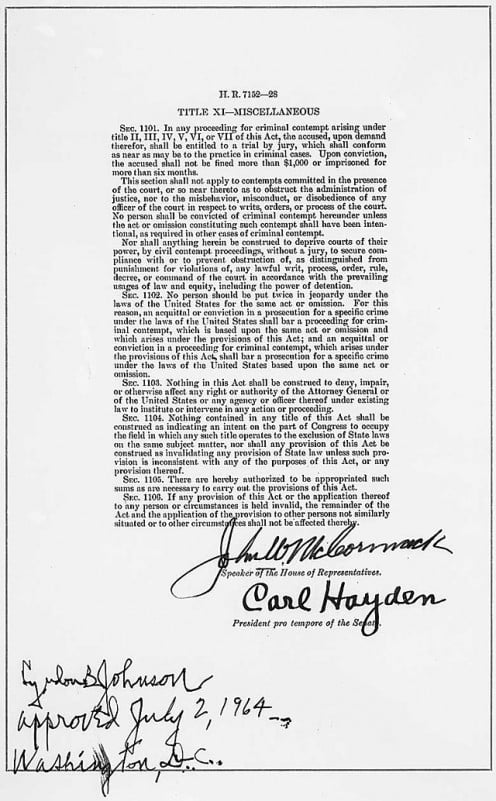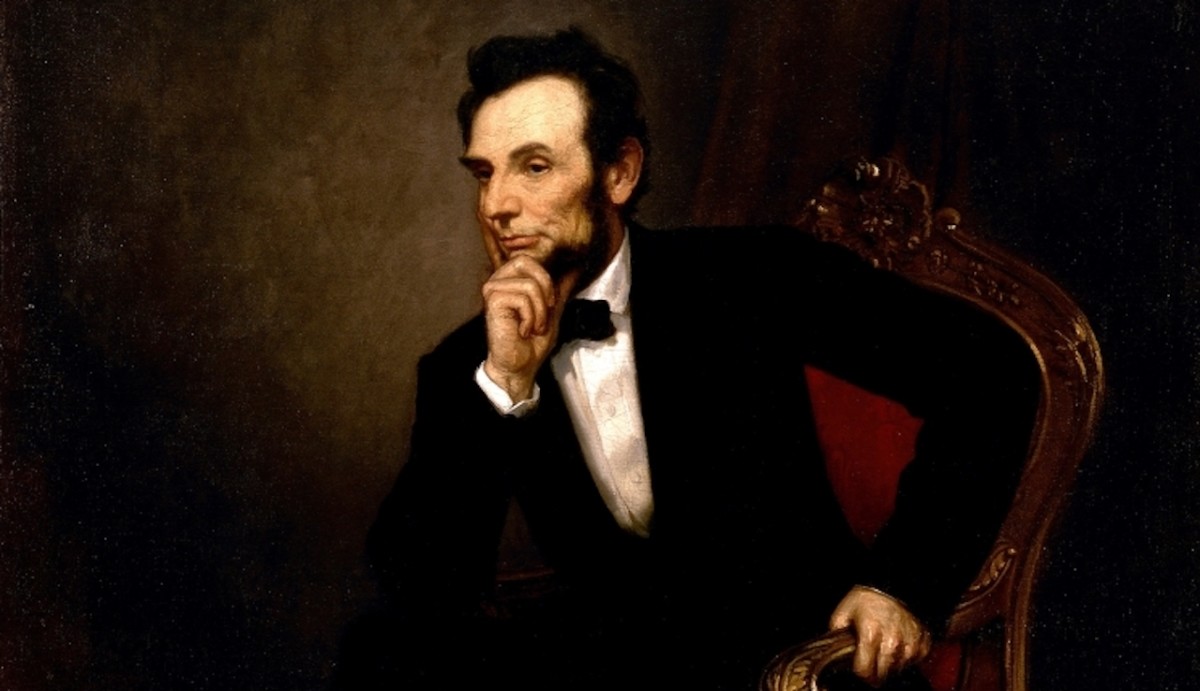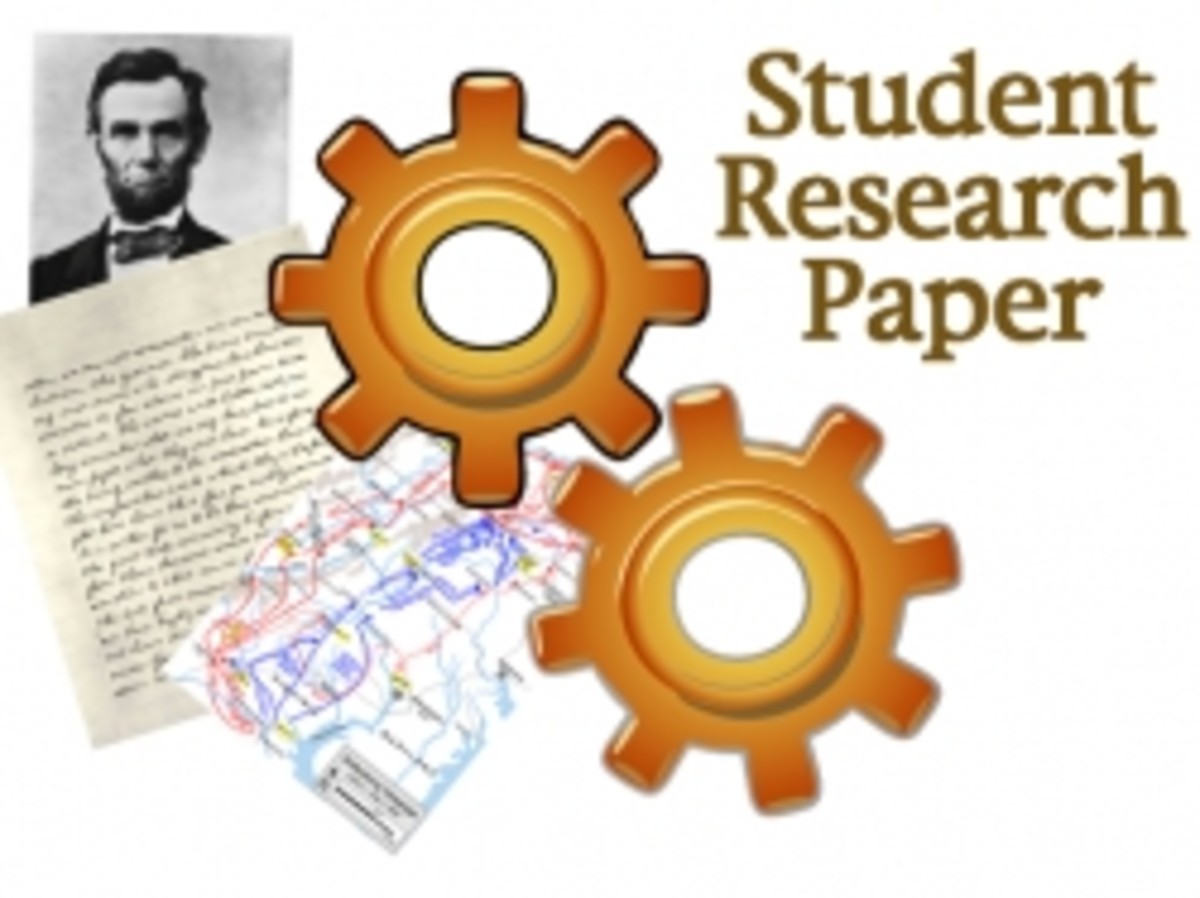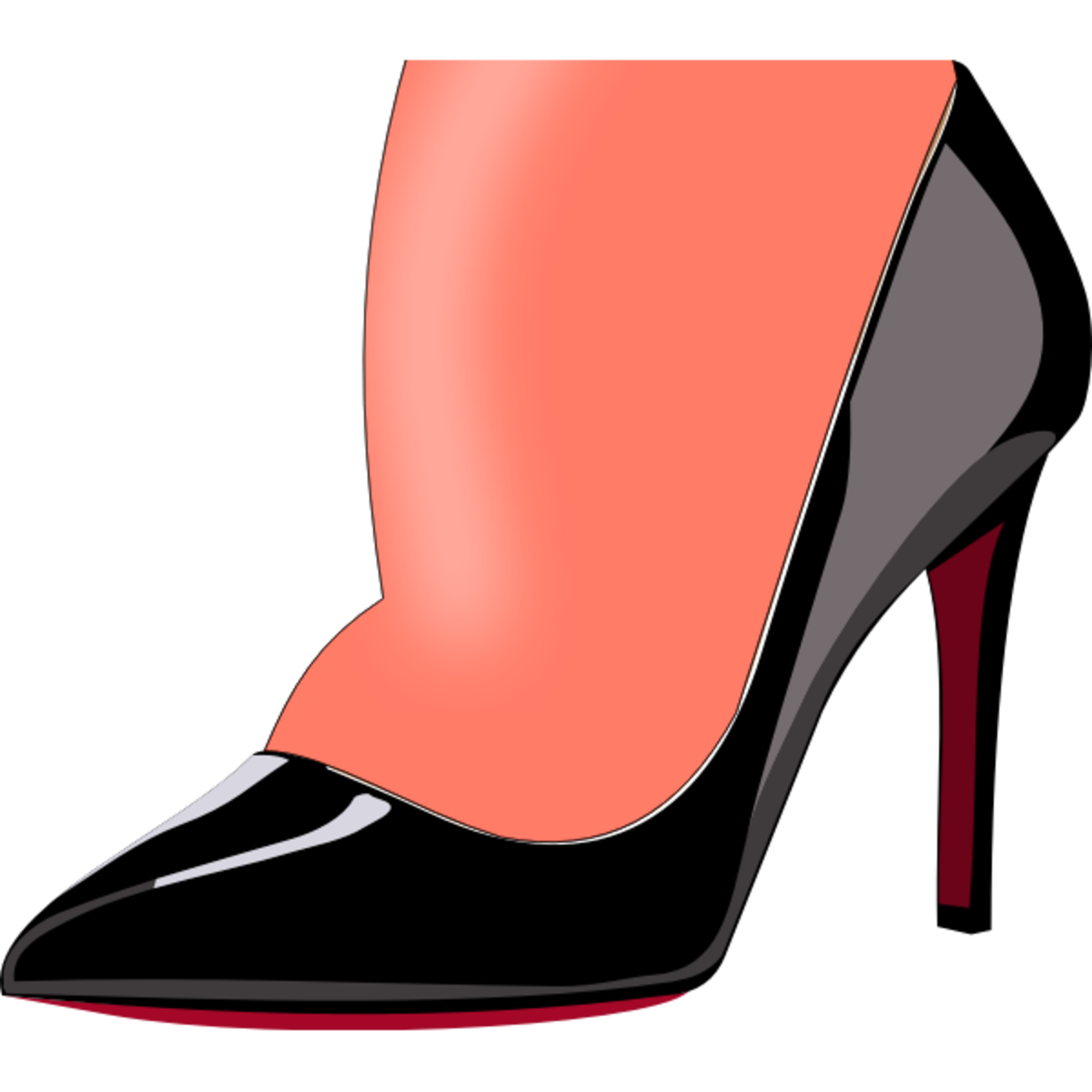THE MEANING OF THE WORD "DISCRIMINATION" CHANGED FROM POSITIVE TO NEGATIVE
Thesis
The word discrimination, and its derivatives and variants, has changed meaning over time from something to be admired and approved of to something to be loathed and disapproved of, depending on whether whether it is prejudicial or non-prejudicial. In order to avoid the fallacy of equivocation, one should also qualify the use of discrimination as either prejudicial or non-prejudicial.
Discrimination changed from being admirable to the opposite
At one time, being able to discriminate was admired. Many young people today might be surprised to hear this. At one time, discrimination primarily meant having the ability or power to make fine distinctions—distinctions requiring better than average intellect, education, or experience. Having discriminating judgment regarding art, literature, music, or wines was commendable. I remember that as a child of the 1940s and 1950s, the word discrimination carried positive value, that is, approval. Today, it seems always to carry disapproval. The change in value seemed to have occurred in the 1960s.
Older synonyms of “discrimination”
I have on my library shelves a book that I sometimes consult when I want to consider what others have thought about various subjects. It bears the long title The New Dictionary of Thoughts: A Cyclopedia of Quotations from the Best Authors of the World, Both Ancient and Modern, Alphabetically Arranged by Subject" [1]. This book has no listing of quotations on discrimination, which suggests to me that discrimination did not inspire or occasion much thought prior to 1955, when the book was published. In the beginning of the book, there is a "Subject Finder with Cross References" that relates discrimination with discernment and discernment with intelligence. Under the subject intelligence, I find listed the following synonymous concepts: common sense, discernment, discretion, judgment, knowledge, perception, prudence, sense, understanding, and wisdom. From these cross references, I gather that the word discrimination had positive value prior to 1955.
Another book of thoughts that I have is Elbert Hubbard's Scrap Book, published in 1923. It also has no listings for either discriminate or discernment. However, it is interesting to note that the full title of the book is Elbert Hubbard's Scrap Book: Containing the Inspired and Inspiring Selections Gathered during a Lifetime of Discriminating Reading for His Own Use" [2] [Underscored emphasis added]
Sometimes I consult a thesaurus when I cannot think of the word that I want when trying to express something. I have a couple of them. One is a hardbound "genuine" Roget's Thesaurus; that is, it is ordered by categories. [3] For the word discrimination, this thesaurus lists the synonyms "distinction, differentiation, diagnosis, nice perception, perception or appreciation of difference, acuteness, nicety, refinement, taste, judgment, tact, insight, discernment." For the verb discriminate, it lists the synonyms "distinguish, differentiate, severalize, separate, sift, separate or winnow the chaff from the wheat." Interestingly, it lists the following antonyms for discriminate: overlook a distinction, neglect a distinction, confound, confuse, jumble, and swallow whole. This thesaurus was published in 1947 and to me this is more evidence that before the 1960s the word discrimination carried positive value.
In addition to my thesauri, I have a book entitled Funk & Wagnalls Standard Handbook of Synonyms, Antonyms, and Prepositions. [4] The word discrimination is listed under the category difference" which states: “Difference is the state or quality of being unlike or the amount of such unlikeness. A difference is in the things compared; a discrimination is in our judgment of them; a distinction is our definition or description or mental image of them. Careful discrimination of real differences results in clear distinctions." Once again, I find evidence that I remember correctly that in my youth the word discrimination referred to an intellectual operation (judgment) and that it carried a positive value.
The use of the word "discrimination" today
It is time to consider what the primary sense of the word discrimination is today. According to a 1995 Random House Webster's College Dictionary [5], "to discriminate is (1) to make a distinction in favor of or against a person on the basis of the group or class to which the person belongs, rather according to merit; (2) to note or distinguish as different.” According to a 1991 The Oxford's Encyclopedic English Dictionary [6], discrimination is defined as "(1)unfavorable treatment based on prejudice, esp. regarding race, colour, or sex; (2) good taste or judgment in artistic matters, etc.; (3) the power of discriminating or observing differences."
I quoted above from my 1947 Funk & Wagnalls thesaurus on synonyms for discrimination and now it is time to see what my more up-to-date thesaurus says. My The American Heritage College Thesaurus [7] lists five categories of meanings beginning with "[t]he ability to distinguish, especially, to recognize small differences or draw fine distinctions." The synonyms for this meaning include acuteness, astuteness, refinement, and taste. This definition of the ability to distinguish differences harks back to the beginning etymology of the word. The second and third meanings are respectively the act or instance of distinguishing and skill in perceiving or judging (e.g.discernment). The fourth and fifth meanings are "[i]rrational suspicion or hatred of a particular group, race, or religion" and "lack of equality, as of opportunity, treatment, or status." Synonyms for these last two meanings include intolerance, racism, prejudice, inequality, unfairness, unjustness, and bias.
Nowadays one is negligent in doing research if one does not consult Wikipedia. The article on discrimination in Wikipedia begins with this definition: "Discrimination is the prejudicial treatment of an individual based on their membership—or perceived membership—in a certain group or category." [8]

The change in meaning of the word "discrimination" occurred because of the Civil Rights Act of 1964
It is clear that by the 1990s, the word discrimination took on a meaning that it did not have before the 1960s, and that meaning is a very negative one. I leave it to the historian, lexicographer, or sociologist to determine exactly when it acquired this new and very negative meaning. However, I would be willing to bet that it happened sometime in the 1960s with the civil rights movement and its associated civil rights acts, especially the Civil Rights Act of 1964. Wikipedia describes this Act this way:
The Civil Rights Act of 1964 (Pub. L. 88-352, 78 Stat. 241, enacted July 2, 1964) was a landmark piece of legislation in the United States that outlawed major forms of discrimination against African Americans and women, including racial segregation. It ended unequal application of voter registration requirements and racial segregation in schools, at the workplace and by facilities that served the general public ("public accommodations") [emphasis added]. [9]
The Civil Rights Act of 1964 was followed by the Civil Rights Act of 1968. According to Wikipedia, this act "expanded on previous acts and prohibited discrimination concerning the sale, rental, and financing of housing based on race, religion, national origin, and since 1974, gender; since 1988, the act protects people with disabilities and families with children." Then, in 1965 the Voting Rights Act eliminated most voting qualifications beyond citizenship that the Civil Rights Act of 1964 had allowed (because it focused on voter registration rather than voter qualification). [10]
These acts and others were supplemented by numerous, never-ending federal and state statues, presidential executive orders, and court decisions. Every government agency and business posted non-discriminatory statements. I remember best those concerning employment, because all job announcements by my employer conspicuously contained somewhere on them a statement such as:
"We are an equal opportunity employer, dedicated to a policy of non-discrimination in employment on any basis including age, race, color, religion, national origin, sex, marital status or veteran status, the presence of a non-job related handicap, or any other legally protected status"
Over time, the list of protected statuses grew. Other types of discrimination include ethnicity, caste, sexual orientation, language, and pregnancy
Conclusion
Through the 1950s the word “discrimination” meant something to be admired. Sometime in the 1960s, largely because of the civil rights legislation in that period, the meaning of the word changed to something to be loathed. However, the original meaning of discrimination as a good, intellectual ability to detect real distinctions is not obsolete. Thus, one has to be careful of not equivocating when using the word “discrimination” and one should be on the watch for others equivocating in its use. When a word has polar opposite meanings and emotive associations. I think the potential for ambiguity and equivocation could be avoided by always qualifying the word “discrimination” as either prejudicial or non-prejudicial.
Sources
[1] Davis, Tryon. The New Dictionary of Thoughts: A Cyclopedia of Quotations from the Best Authors of the World, Both Ancient and Modern, Alphabetically Arranged by Subject". Originally compiled by Tryon Davis, revised and enlarged by C. N. Catrevas and Jonathan Edwards. New York: Standard Book, 1955.
[2] Hubbard, Elbert. Elbert Hubbard's Scrap Book: Containing the Inspired and Inspiring Selections Gathered during a Lifetime of Discriminating Reading for His Own Use. New York: Wm. H. Wise & Co., 1923.
[3] [Roget, Peter Mark. Thesaurus of Words and Phrases: Revised and Authorized American Edition. Enlarged by John Lewis Roget. New edition revised and enlarged by Samuel Romilly Roget. New York: Grosset & Dunlap, 1947.
[4] Frenald, James C. Funk &Wagnalls Standard Handbook of Synonyms, Antonyms, and Prepositions. New York: Funk & Wagnalls, 1947.
[5] Random House Webster’s College Dictionary. NY: Random House, 1995.
[6]The Oxford's Encyclopedic English Dictionary. Oxford: Clarendon Press, 1991.
[7] The American Heritage College Thesaurus. Boston: Houghton Mifflin, 2004.
[8] http://en.wikipedia.org/wiki/Discrimination
[9] Wikipedia, "The Civil Rights Act of 1964," May 2012.
[10] Wikipedia, "Civil Rights Act of 1968," May 2012








